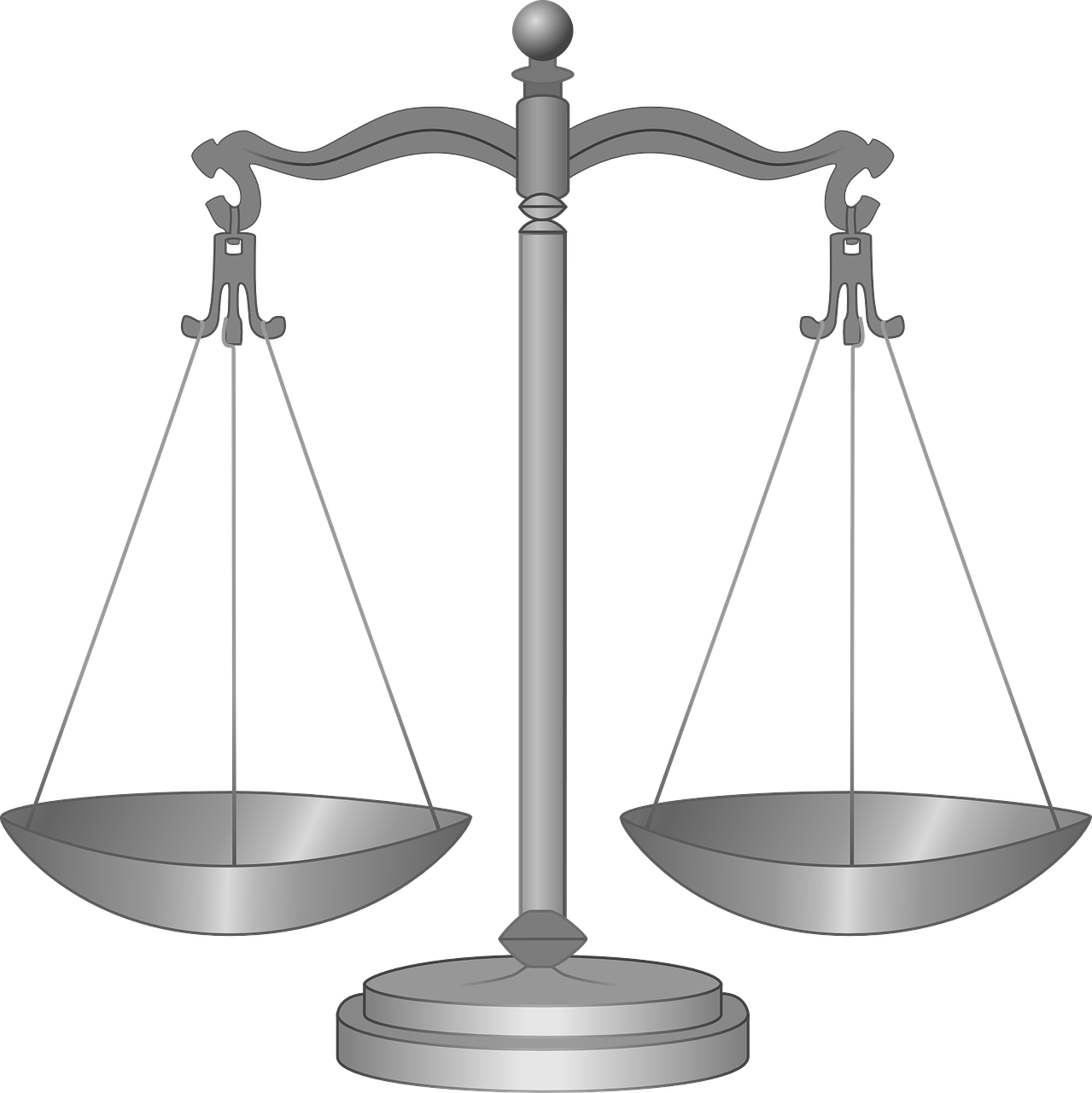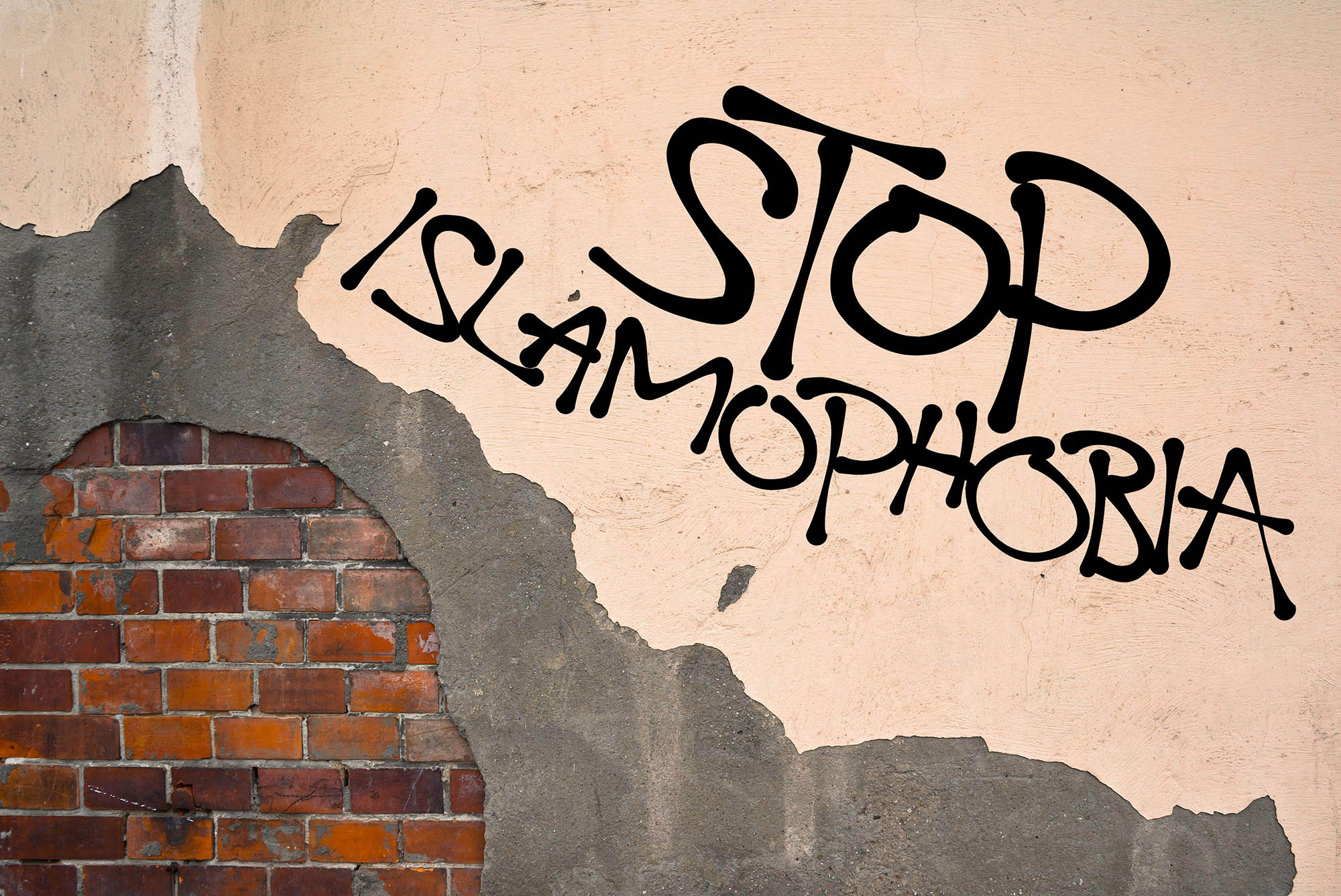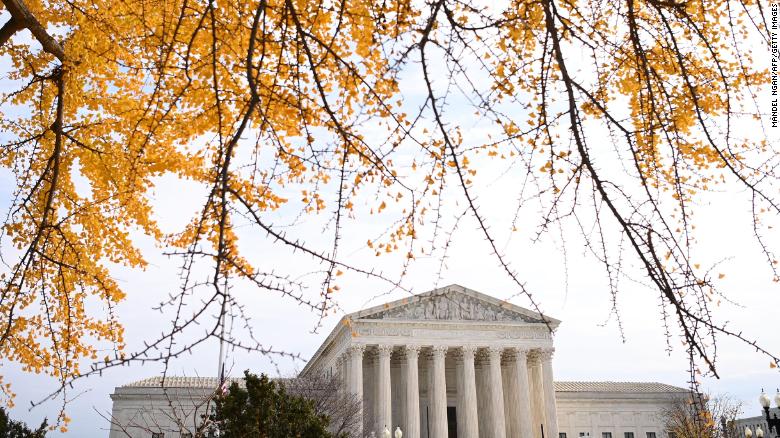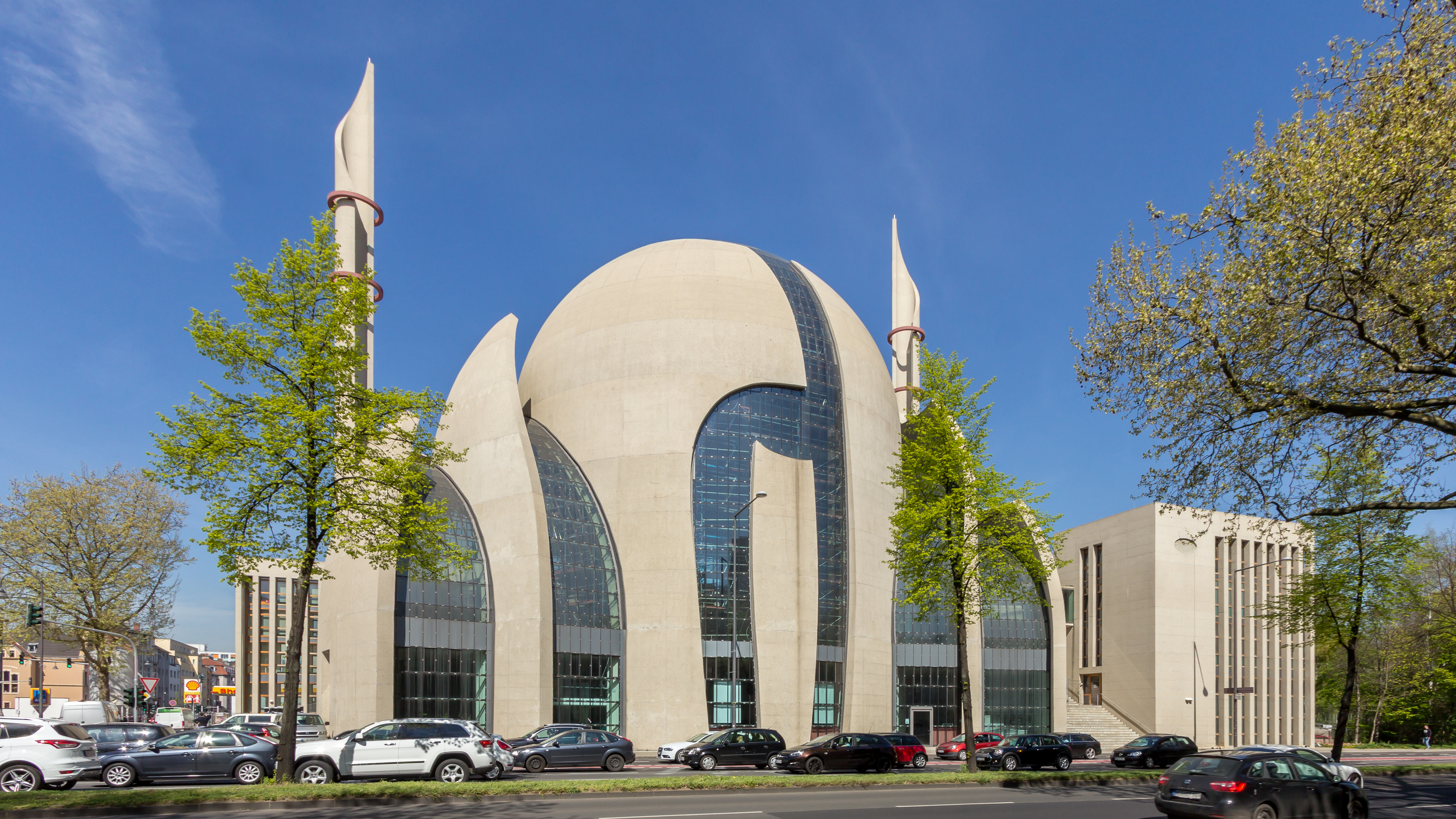The month of Ramadan and the virtues of generosity, sacrifice and sympathy that Ramadan emphasise are of enormous importance to me. Ramadan is a time for spiritual reflection and prayer. The fasting is intended to help teach self-discipline, generosity and appreciation of what we have, while empathising with those who have much less. It is a time not just to remember the suffering of the poor, but to do something about it. Ramadan is one of the five pillars of Islam and during the month of Ramadan Muslims are also encouraged to carry out their obligations to one of the other pillars of Islam: Zakah. The Arabic word means to purify by giving to the less fortunate. Zakah is a sum representing 2.5% of your savings which each year is given to the poor to relieve distress, to the needy so they are able to earn a livelihood, or to those struggling with debt. Payment of Zakah is a form of worship and its main importance lies in the fact that it fosters in us the quality of sacrifice and rids us of selfishness and greed. As a minister for international development, Ramadan really makes me appreciate the work that my staff at the department do. For people like me who had a romantic notion growing up that one day, through our politics, we would help change the world, working for the Department for International Development is nothing short of a blessing, because in our own small but not insignificant way, we are changing the world for the better. DfID is tasked with leading the UK’s fight against global poverty. More than a billion people, one in five of the world’s population, live in extreme poverty, on less than 65p a day. Ten million children die before their fifth birthday, most of them from preventable diseases. More than 113 million children do not go to school. In a world of growing wealth, such levels of human suffering and wasted potential are morally wrong. Shahid Malik reports.
Full-text article continues here. (Some news sites may require registration)






